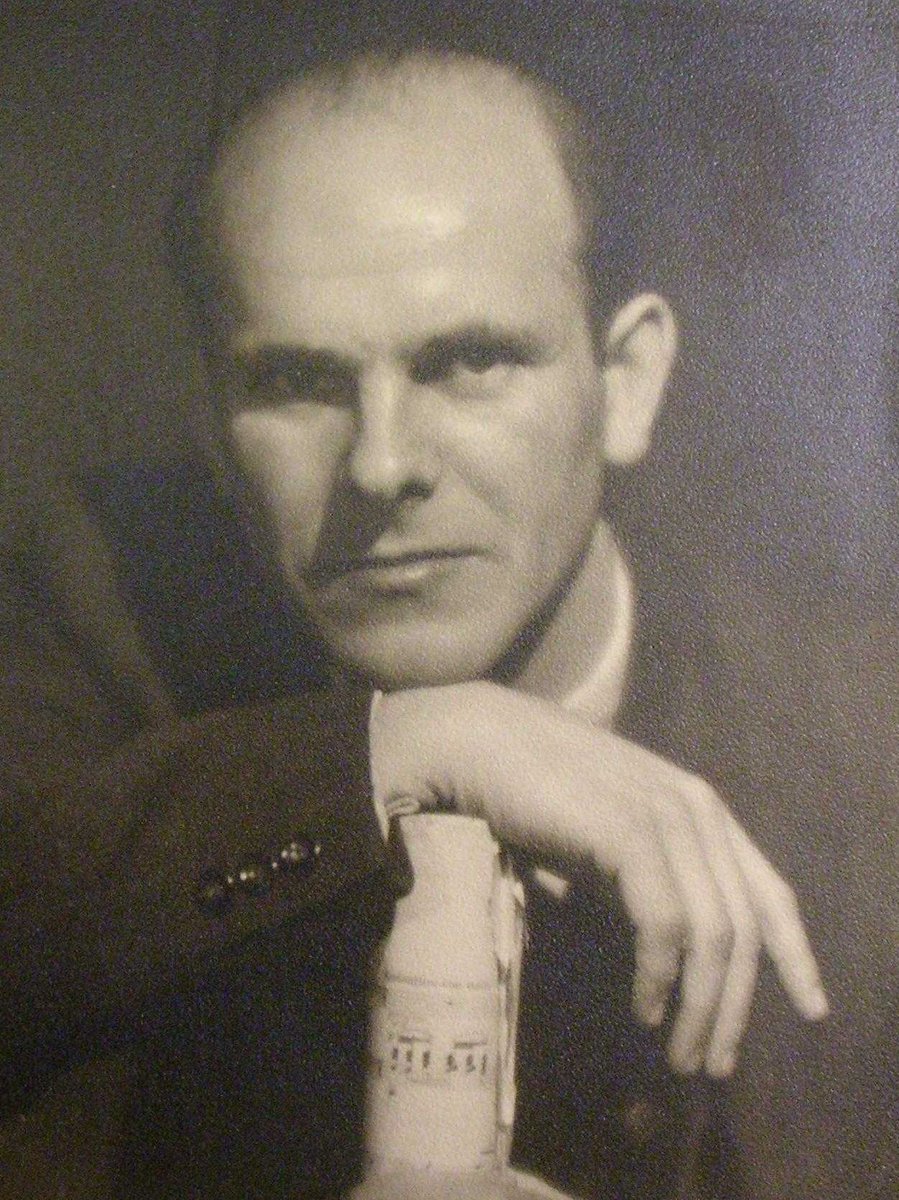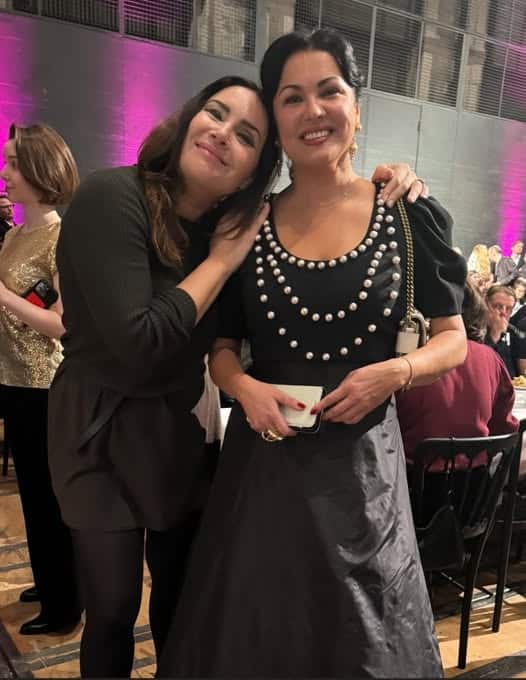A rediscovered lullaby from Auschwitz
Daily Comfort ZoneLeo Geyer, a doctoral student at Oxford University has unearthed a manuscript of Kołysanka (Lullaby), composed in Auschwitz in 1941 by a Polish political prisoner, Adam Kopyciński. The composer survived the camp and lived on in Poland until 1982.






Comments